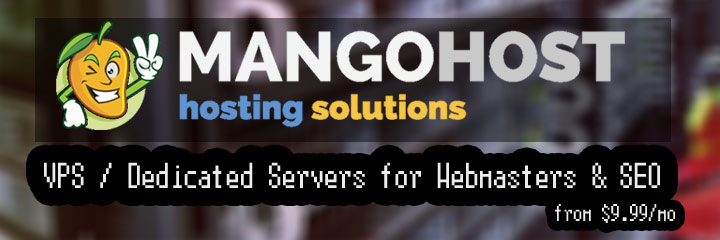
 Get the solution ↓↓↓
Get the solution ↓↓↓
The answer to this question is yes. Common practice is to have a PHP application use the front controller pattern, where a single publicly available script (usuallyindex.php) is solely responsible for delegating all incoming requests to the appropriate part of your application (your actual "controllers"), often relying on server configuration to do the actual "redirecting" (rewriting, allowing for omitted file extensions and "pretty url's"). This design approach is common because most popular frameworks support it out of the box, from the Laravel and Symfony big boys, to microframeworks like Slim, Silex and Lumen. Perhaps giving these frameworks a try will help you understand how this works and how they do it.
Not sure if I understand your question correctly, but it sounds like you are being asked to provide/implement a deployment script; a script that runs a set of commands in order to easily install, bootstrap and start the entire application. Think of commands likecomposer install, commands that initialize/seed the database, or commands that build your frontend assets. The actual commands are specific to the application, but the goal is to easily provide a fresh installation and deployment of your application by executing a single script. These scrips are usuallysh scripts executed from the command line.
Our community is visited by hundreds of web development professionals every day. Ask your question and get a quick answer for free.
Find the answer in similar questions on our website.
Do you know the answer to this question? Write a quick response to it. With your help, we will make our community stronger.
PHP (from the English Hypertext Preprocessor - hypertext preprocessor) is a scripting programming language for developing web applications. Supported by most hosting providers, it is one of the most popular tools for creating dynamic websites.
The PHP scripting language has gained wide popularity due to its processing speed, simplicity, cross-platform, functionality and distribution of source codes under its own license.
https://www.php.net/
Laravel is a free open source PHP framework that came out in 2011. Since then, it has been able to become the framework of choice for web developers. One of the main reasons for this is that Laravel makes it easier, faster, and safer to develop complex web applications than any other framework.
https://laravel.com/
Symfony compares favorably with other PHP frameworks in terms of reliability and maturity. This framework appeared a long time ago, in 2005, that is, it has existed much longer than most of the other tools we are considering. It is popular for its web standards compliance and PHP design patterns.
https://symfony.com/
Slim is, as its name suggests, a micro-framework that is compact and fast. The reason for its such characteristics lies in the fact that it is completely independent of third-party code. It was created in 2010, at the moment its most recent version is 4.5.0.
https://www.slimframework.com/
Bootstrap is not exclusively a CSS framework, but its most popular features are CSS-centric. These include a powerful grid, icons, buttons, map components, navigation bars, and more.
https://getbootstrap.com/

Welcome to the Q&A site for web developers. Here you can ask a question about the problem you are facing and get answers from other experts. We have created a user-friendly interface so that you can quickly and free of charge ask a question about a web programming problem. We also invite other experts to join our community and help other members who ask questions. In addition, you can use our search for questions with a solution.
Ask about the real problem you are facing. Describe in detail what you are doing and what you want to achieve.
Our goal is to create a strong community in which everyone will support each other. If you find a question and know the answer to it, help others with your knowledge.